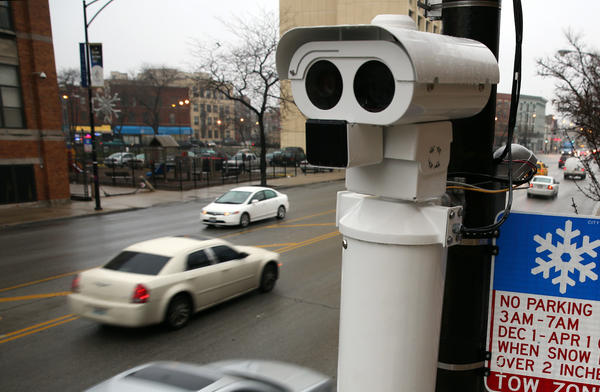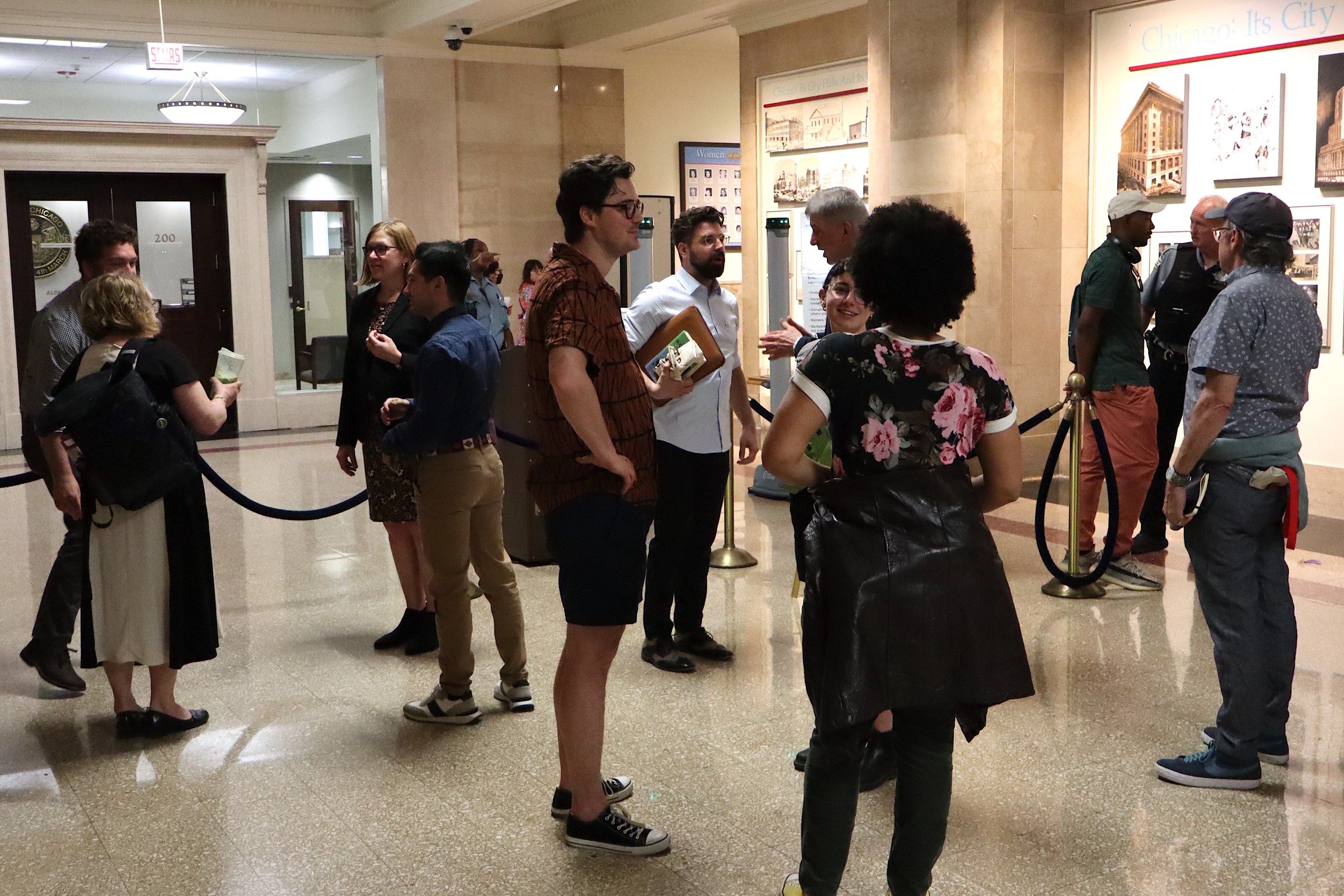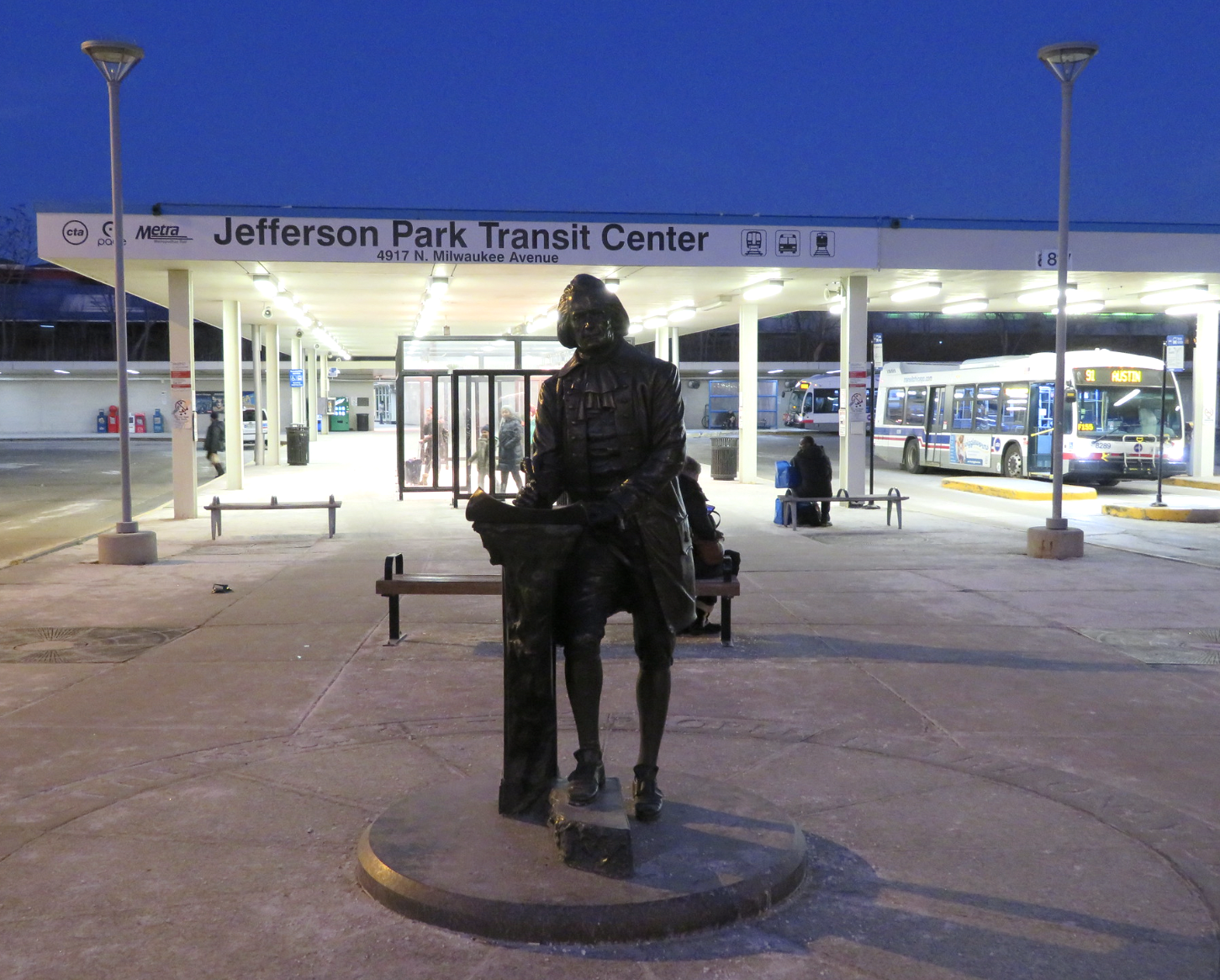Illinois lawmakers recently voted to end the practice of suspending driver’s licenses due to unpaid automated traffic enforcement tickets, according to a report from ProPublica’s Melissa Sanchez Tens of thousands of Illinois residents would see their driving privileges restored under the legislation which was passed as part of a broader criminal justice reform package. The bill bars cities from seeking license suspension from drivers who have five or more unpaid speeding or red-light camera tickets. Additionally, the previous practice of barring drivers from renewing their licenses over unpaid traffic fines will end.
The timing of the legislation feels right given the hard economic times we are in due to COVID-19. Just two years ago ProPublica reported on Black motorists on Chicago’s South and West sides making up a disproportionate amount of people harmed by license suspensions over unpaid tickets. The report was part of a series on how the poor have been burdened by the city’s ticketing and debt collection systems and how the city’s systems led to tens of thousands of bankruptcies. Streetsblog Chicago reached out to a few organizations to get their thoughts on the new legislation.
“We support ending license suspension as a penalty for unpaid red light and speed camera tickets," the Active Transportation Alliance said in a statement. "This is related to our call for a thorough study of the racial equity impacts of Chicago’s photo enforcement program."
"It’s clear our punitive system does not make our streets safer," ATA dded. The group noted that data shows Black and Brown people are disproportionately harmed by license suspensions over unpaid tickets. "They’re also more likely to be seriously injured or killed in traffic crashes because they often live and work in communities filled with overbuilt streets that lack critical safety infrastructure."
"We need to build a culture of safety and accountability on our streets that is rooted in racial equity," the ATA statement concluded. It argued that Chicago can’t ticket or suspend its way to safer streets. "We need to continue to reform unfair enforcement policies like this one that unfairly burden vulnerable residents without any clear safety benefit. We also must focus infrastructure investment on projects that benefit residents living in the highest need areas – most often Black and Brown people.”
Kristen Cabanban, spokeperson for the Chicago Department of Finance, said Mayor Lori Lightfoot, who recently lowered the threshold for speed camera tickets from 10 to 6 mph, supports the state legislation. “The mayor commends state lawmakers who have chosen to end the unproductive and unfair practice of suspending drivers licenses simply due to one's inability to pay a ticket. That's why she ended license suspension for non-driving violations last summer in Chicago and supported the License to Work Act to end the practice statewide."
Cabanban added that Lightfoot remains committed to ending the Chicago's inequitable fines and fees practices. She said the city already eliminated $11 million in city sticker ticket debt, cutting $193 million in vehicle storage fees, reducing late fees on the city sticker program, expanding payment plans options for paying off debt, and other measures to cut costs for residents. "[Lightfoot] believes there are more effective and equitable tools to hold unsafe drivers accountable that focus on driver behavior -- not whether a driver is poor or not. She's looking forward to working with the General Assembly and other stakeholders as we continue to make progress on this issue.”
“Ending license suspension due to unpaid traffic tickets is a good new policy," said Audrey Wennink, transportation director for the Metropolitan Planning Council. "Traffic fines and fees have been causing great financial hardship to low-income families, sometimes starting a spiral of financial devastation that is hard to recover from. Also, license suspension often means that people often lose their transportation to their jobs and can no longer work, which is a significant problem in our region when so many jobs are accessible only by car.”
“While we are deeply concerned about racially inequitable and punitive automated enforcement in Chicago, we are glad to see the city lessen the burden and adverse impact these tickets will have on Black and Brown people in our city," said Oboi Reed, head of the mobility justice nonprofit Equiticity. "The root cause of traffic violence [in African-American and Latino communities] is structural racism. The city should be squarely focused on operationalizing racial equity, dismantling systemic racism, and re-engineering our streets.”
I agree with ATA and Equticity that the city should focus more on correcting the built environment, such as overly-wide street layouts that encourage dangerous, versus punishing individuals who are responding to the cues from the built environment. Designing “self-enforcing” streets is key to making drivers slow down and reducing speed-related crashes.
I also concur with MPC that, given the real need for a car in many communities, driver’s license suspension can be devastating. This is certainly not to say that the loss of a human life is less devastating. But one strategy for reducing traffic fatalities is reducing car-dependency, making it possible for people to meet their needs without having to rely on driving. We can do that through improving transit, creating safe cycling infrastructure, and building equitable transit-oriented development.




